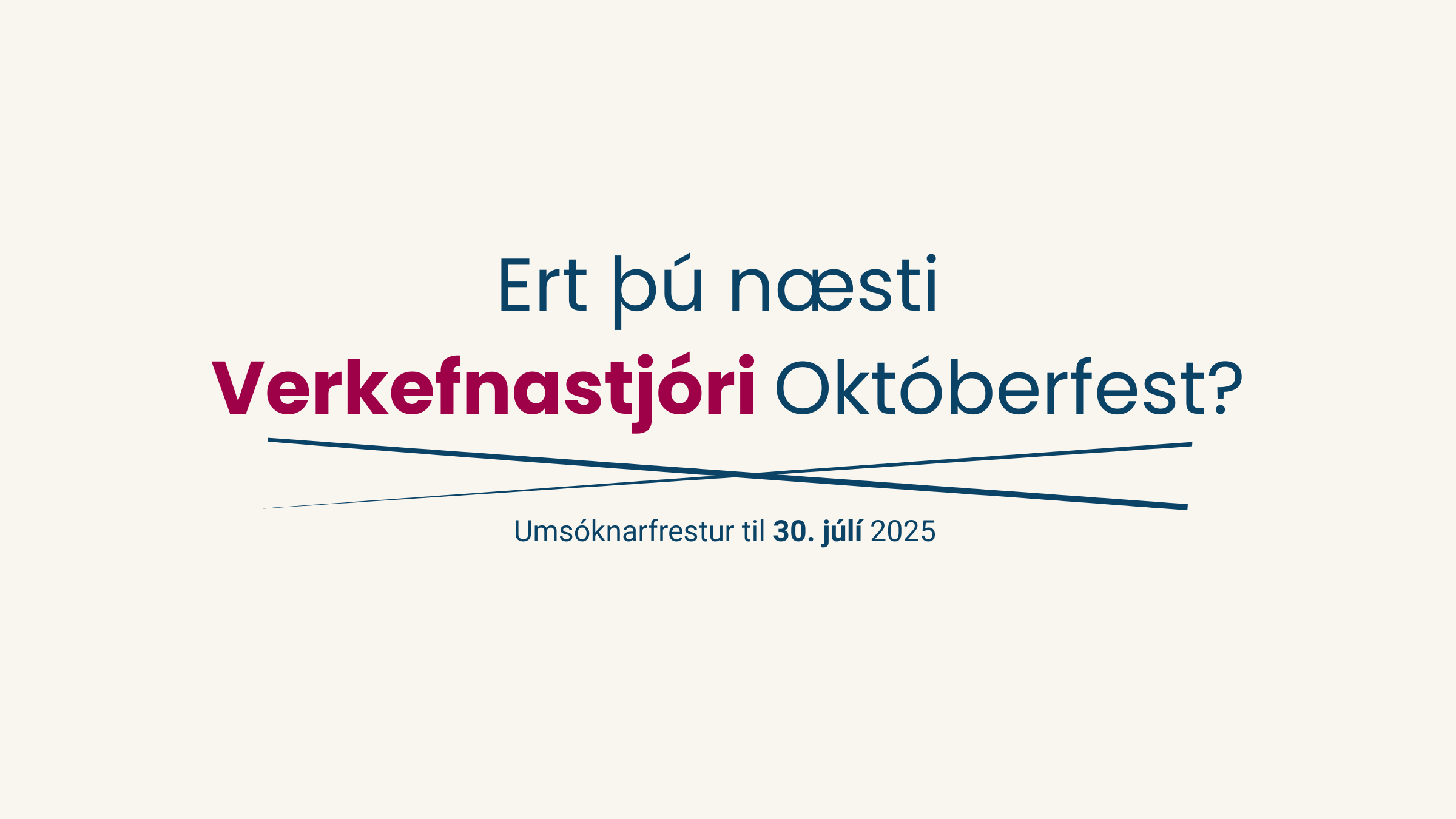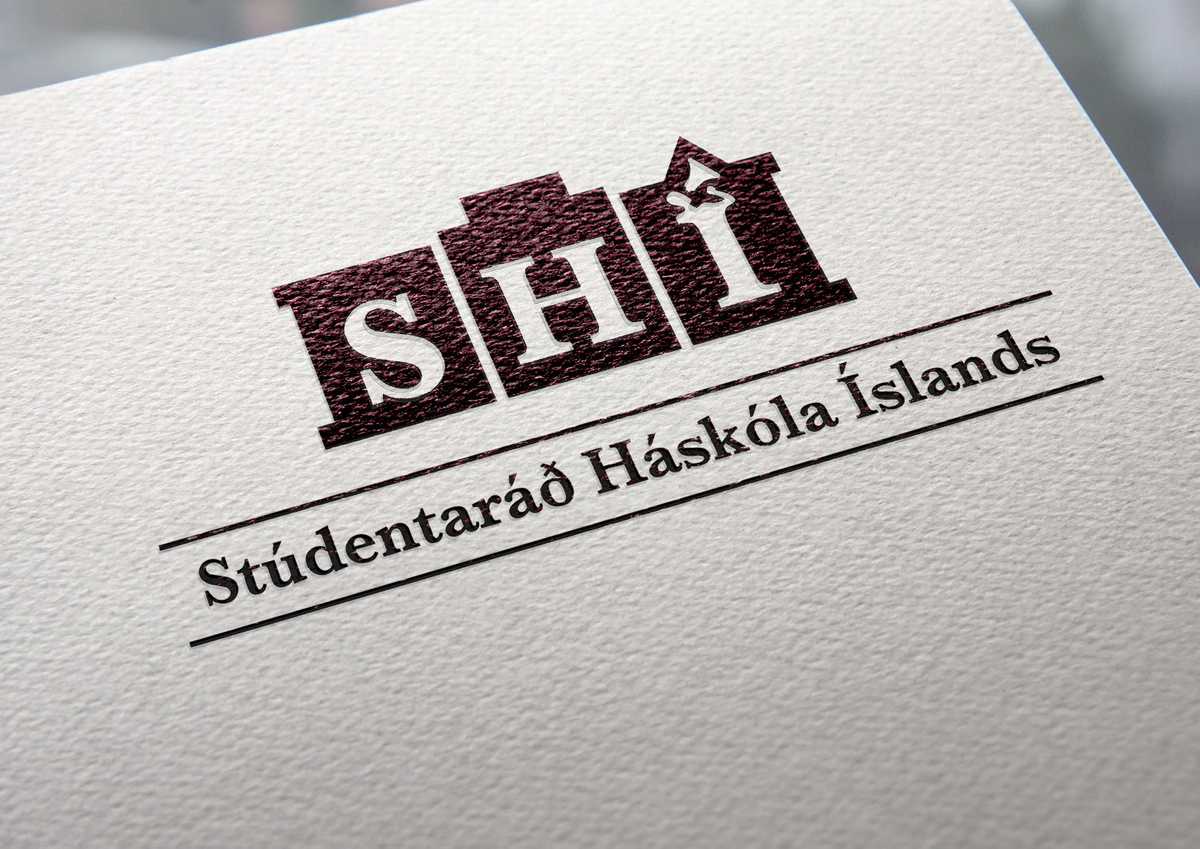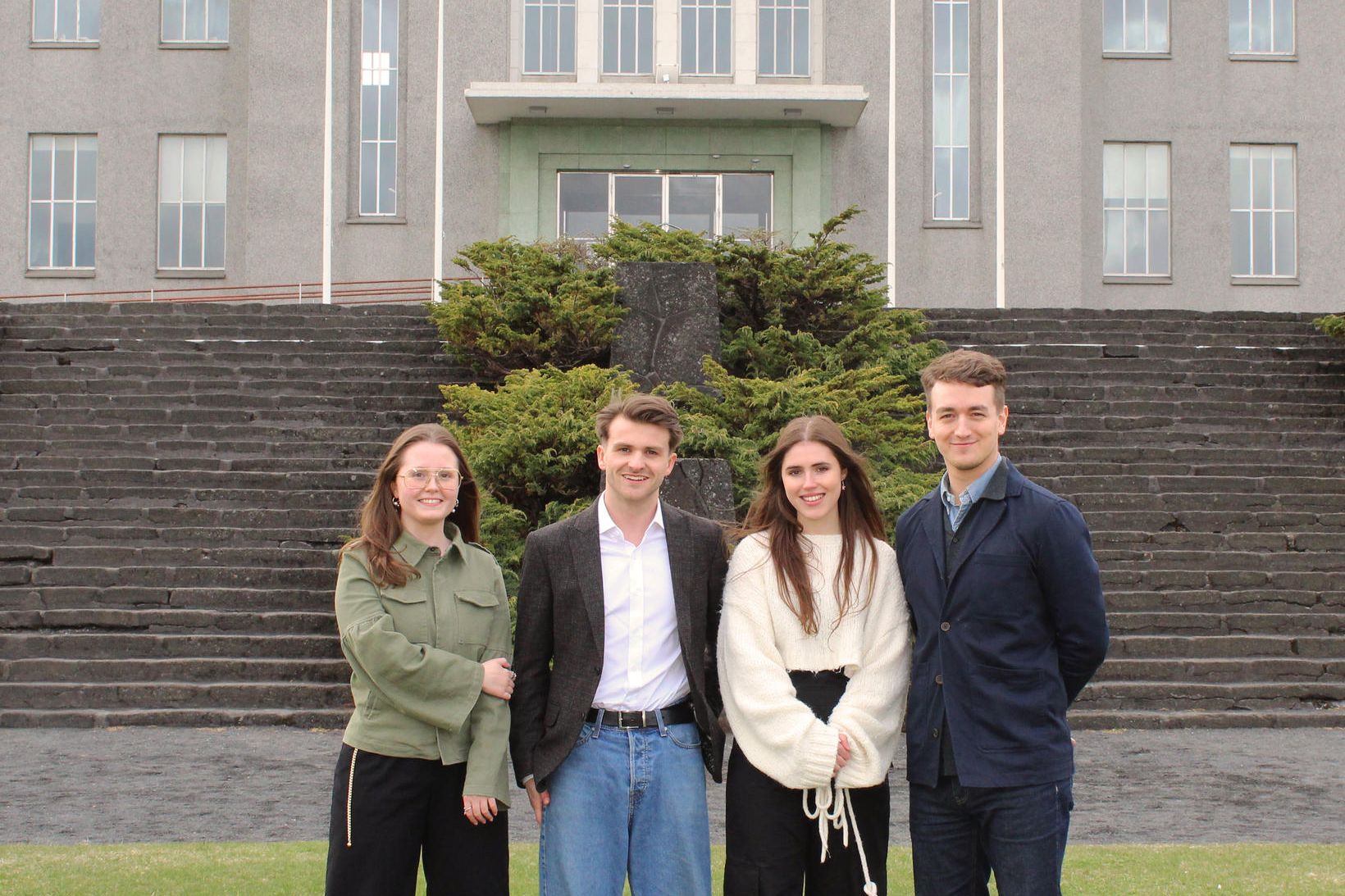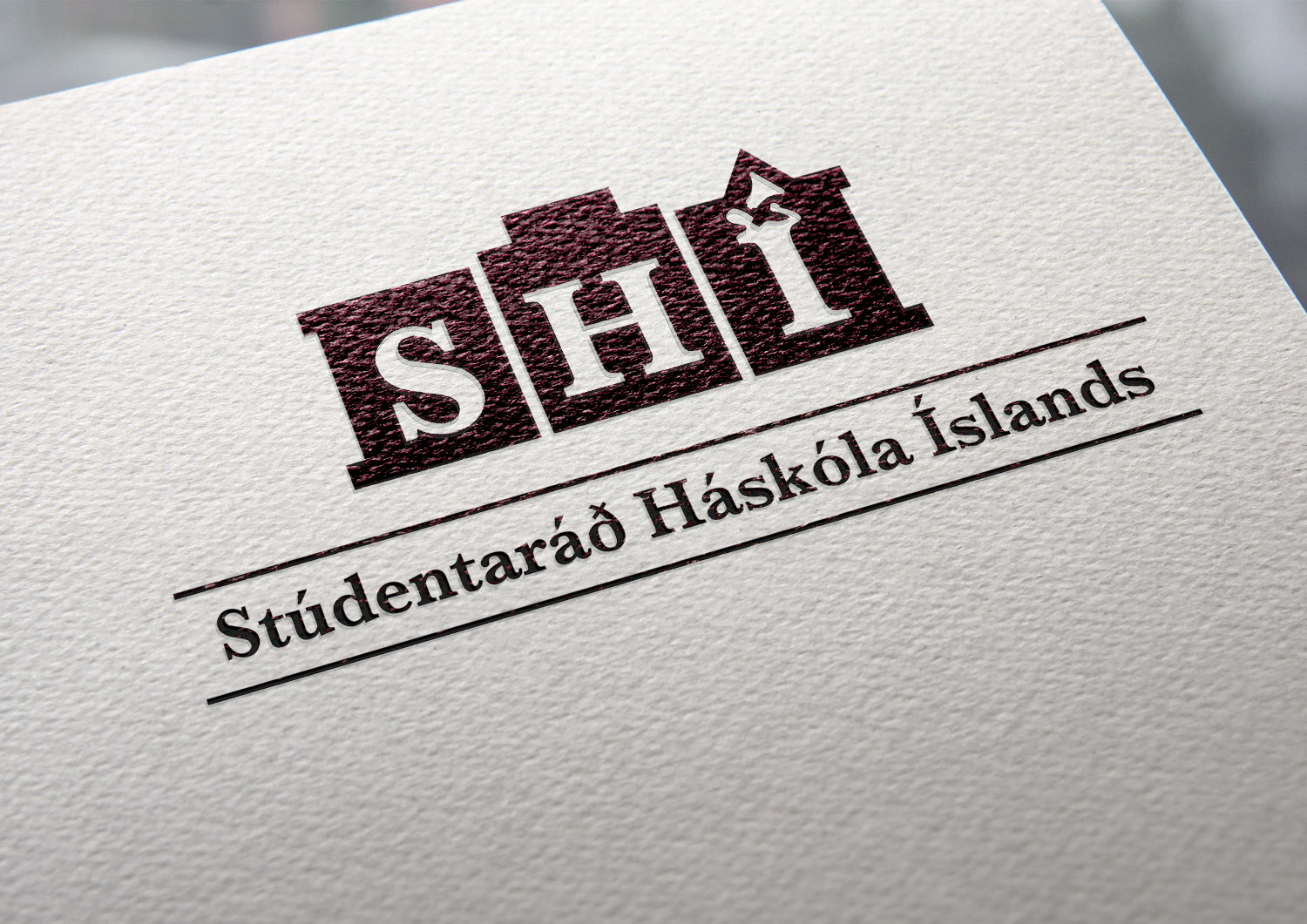On Wednesday, August 6th, 2025, the 2nd meeting of the Student Council of the University of Iceland for the academic year 2025–26 will take place.
The meeting begins at 5:00 PM and will be held in room N-132 in Askja, University of Iceland.
Chair of the meeting is Arent Orri Jónsson Claessen, President of the Student Council, and Secretary is Alda María Þórðardóttir, Executive Director.
Agenda:
I. Approval of the minutes from the previous meeting
II. Proposal that the Student Council urge university administrators to keep the registration fee unchanged
Presenter: Halldóra Elín Einarsdóttir (Vaka)
III. Proposal for countermeasures against paid parking at the University of Iceland
Presenters: Guðlaug Eva Albertsdóttir (Röskva), María Björk Stefánsdóttir (Röskva), Auður Halla Rögnvaldsdóttir, and Katla Ólafsdóttir
IV. Proposal to amend the bylaws of the Student Fund
Presenter: Kjartan Leifur Sigurðsson (Vaka)
V. Intermission
VI. Proposal to erect the “Bryndís Bench” in the Oktoberfest area
Presenters: María Björk Stefánsdóttir (Röskva) and Ármann Leifsson
VII. Proposal for a declaration of intent by the Student Council regarding the petrol station lot at Birkimelur
Presenter: Arent Orri Jónsson Claessen
VIII. Proposal to raise the university registration fee
Presenters: María Björk Stefánsdóttir (Röskva), Magnús Hallsson (Röskva), and Valeria Bulatova (Röskva)
IX. Recorded matters and announcements
According to Article 9 of the Student Council bylaws, all Student Council meetings are open to all students at the University of Iceland. All interested students are encouraged to attend.
For questions regarding the meeting or the agenda, please contact the Student Council office by phone at +354 570-0850 or by email at shi@hi.is.







